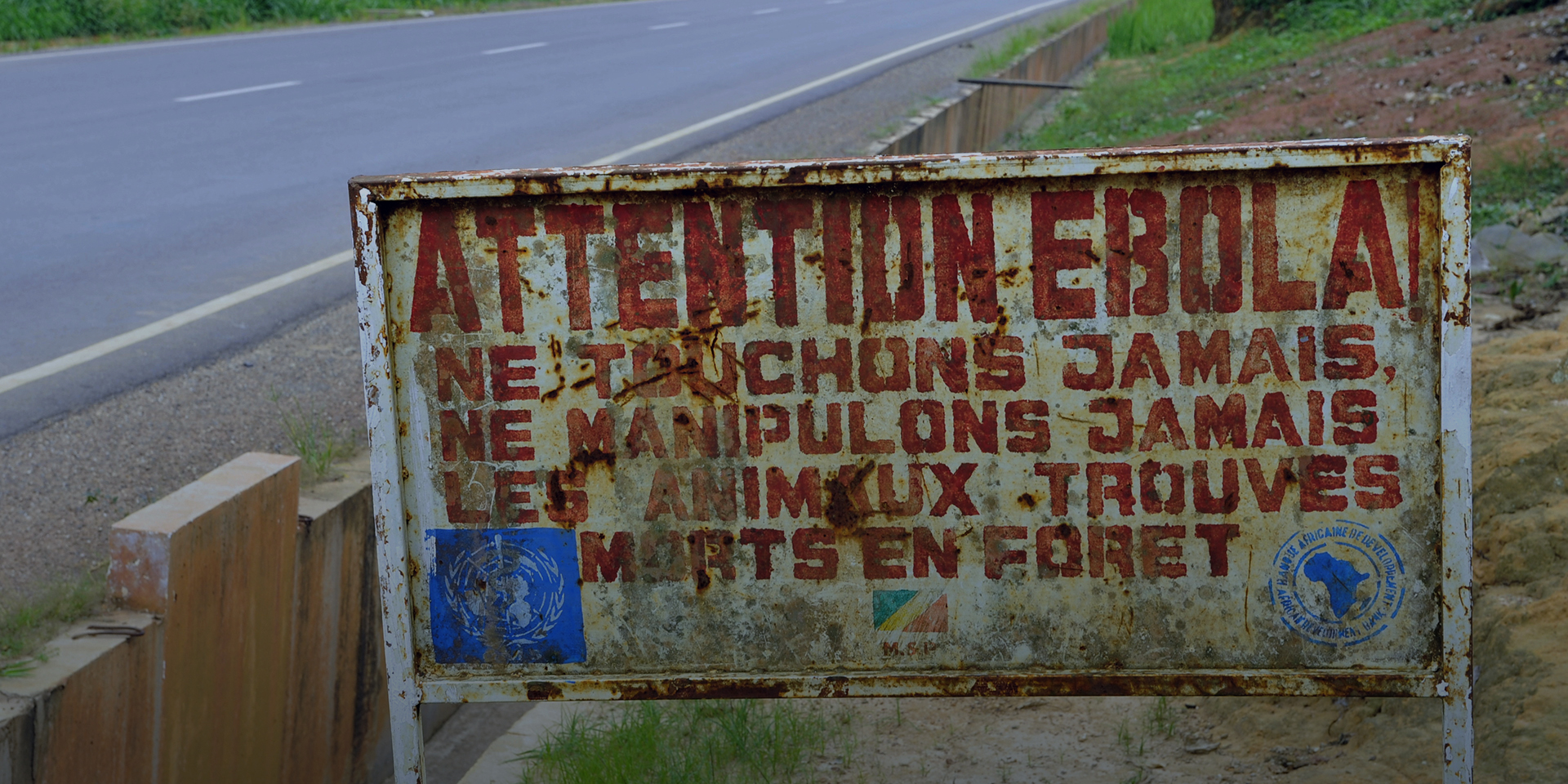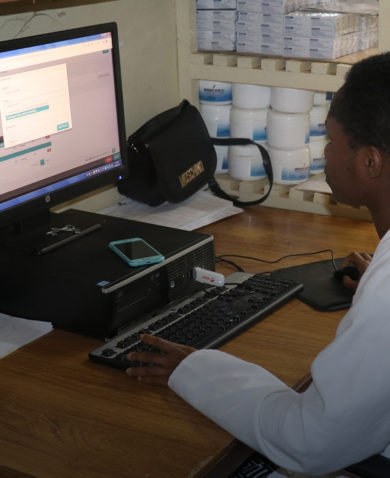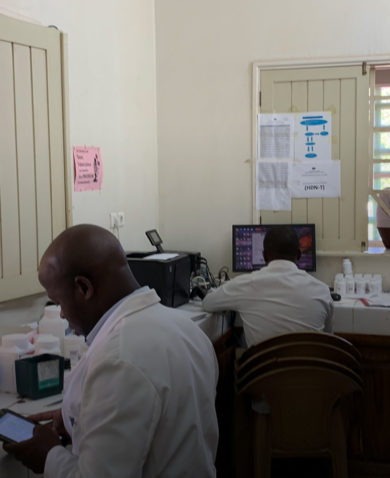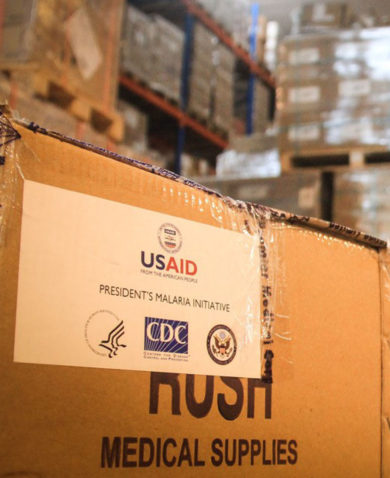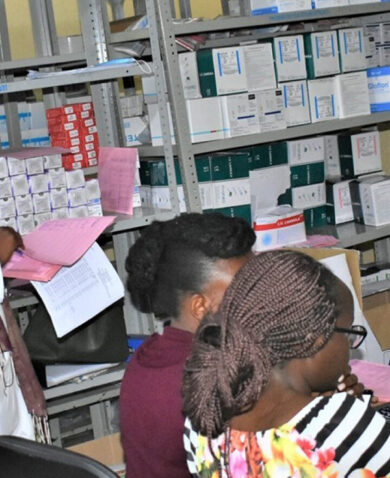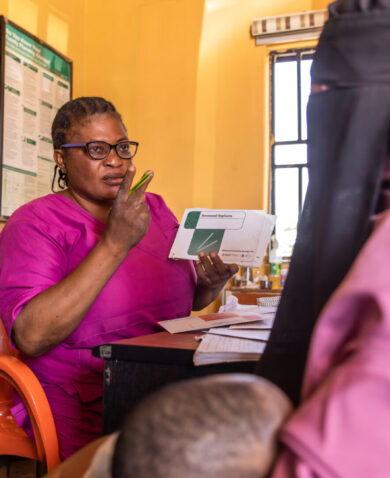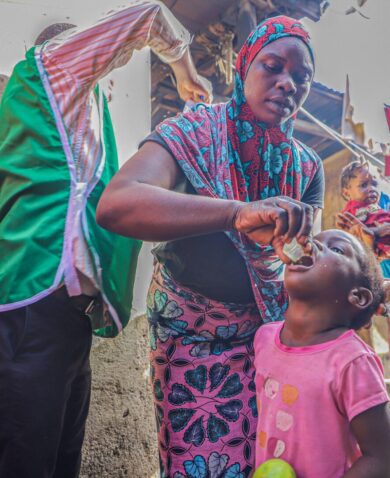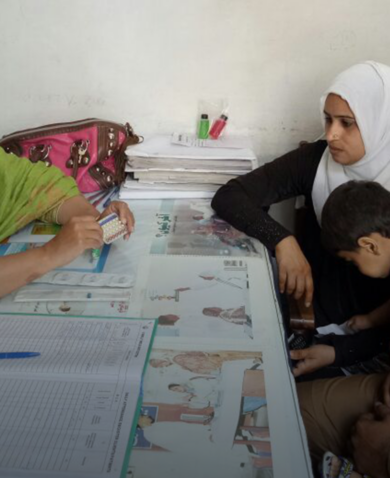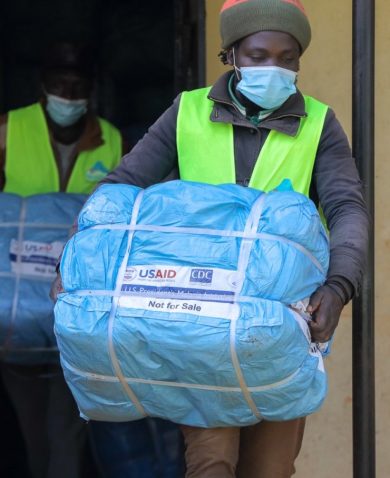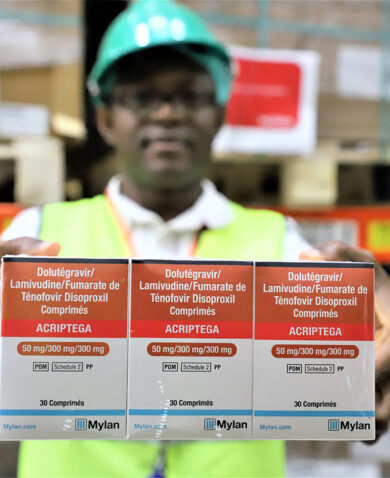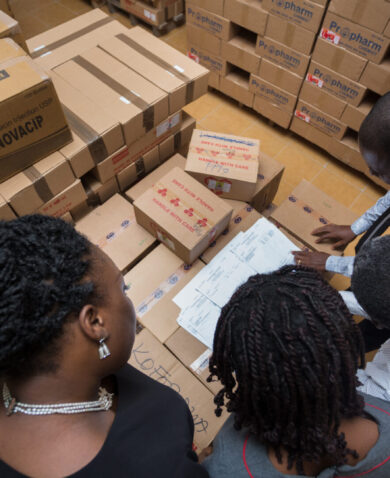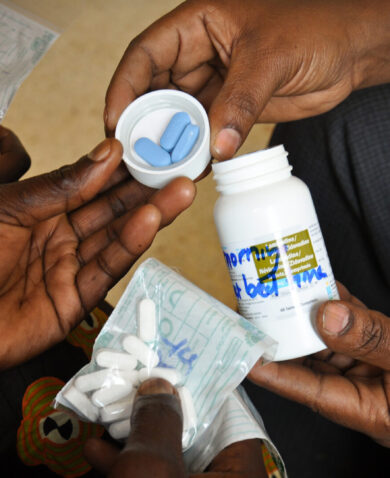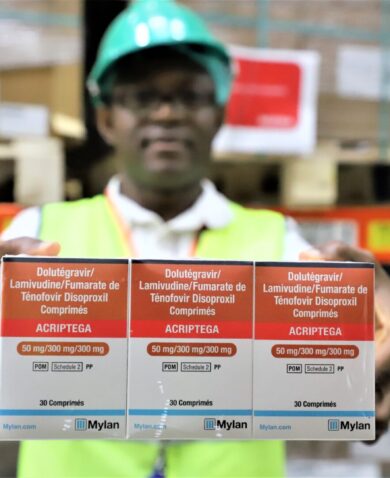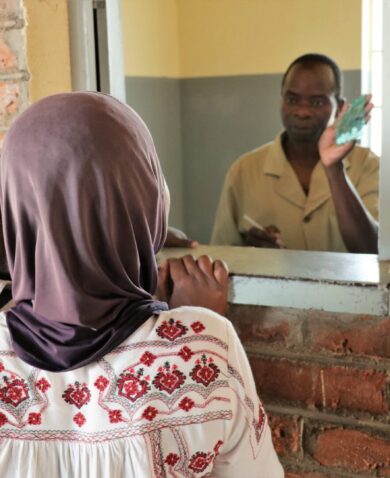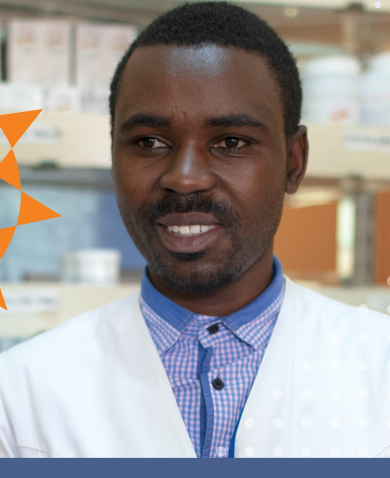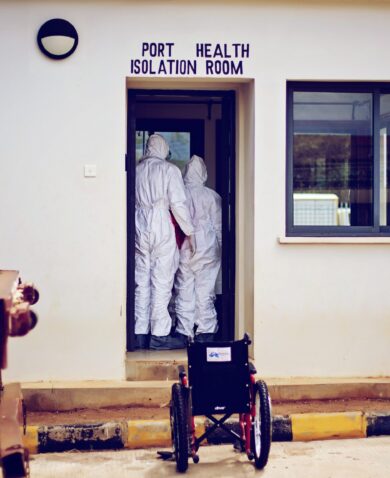Mobilizing Global Forces
The 2014 epidemic of Ebola highlighted the need to establish a global mechanism and build capacity to prevent, detect, and respond to public health threats. Since 2014, tangible progress has been made to improve the outcomes of a potential outbreak. The Global Health Security Agenda (GHSA), an initiative launched by the United States government in 2014, is now a growing partnership of more than 64 nations, international organizations, and non-governmental stakeholders to help build countries’ capacity to make our world safe and secure from such threats. The GHSA’s objective is to stimulate investment in the necessary capacity in infrastructure, equipment, and skilled personnel. GHSA empowers countries, international organizations, and civil society to work together on a range of measures needed to secure global health security, such as advancing national biosafety and biosecurity systems in every country, improving immunization, establishing a national laboratory system, and enhancing medical countermeasures and personnel deployment.
And these efforts are already proving successful. Less than a year ago, the government of the DRC, in collaboration with the World Health Organization (WHO) and other partners, successfully contained another outbreak of Ebola in the northern province of Bas-Uele. In early May of this year, immediately after the laboratory confirmation of Ebola, WHO alerted neighboring countries and set up its Incident Management System to dedicate human and financial resources to prevent the spread of disease within the country and across borders.
A New Tool to Improve Global Health Security
A country’s ability to respond to and contain infectious disease outbreaks depends greatly on its ability to mobilize staff and provide and resupply its health systems with essential infection prevention and control commodities and equipment. In support of GHSA’s objectives, USAID’s Global Health Supply Chain Technical Assistance (GHSC-TA) Francophone Task Order (TO) developed an essential competencies framework for supply chain management for an efficient response to public health emergencies. The GHSC-TA Francophone TO reviewed best practices in public health emergency supply chain management and used this knowledge to create the framework as an element of a country’s medical countermeasures action package. The framework includes a management checklist for the emergency supply chain (ESC) lead, an overview of ESC concepts, response job aids for those involved in outbreak response operations, and a quick guide of emergency actions protocols for all ESC core team members. Finally, the technical user guide includes specific instructions and tools to support the emergency response at all levels of the supply chain.
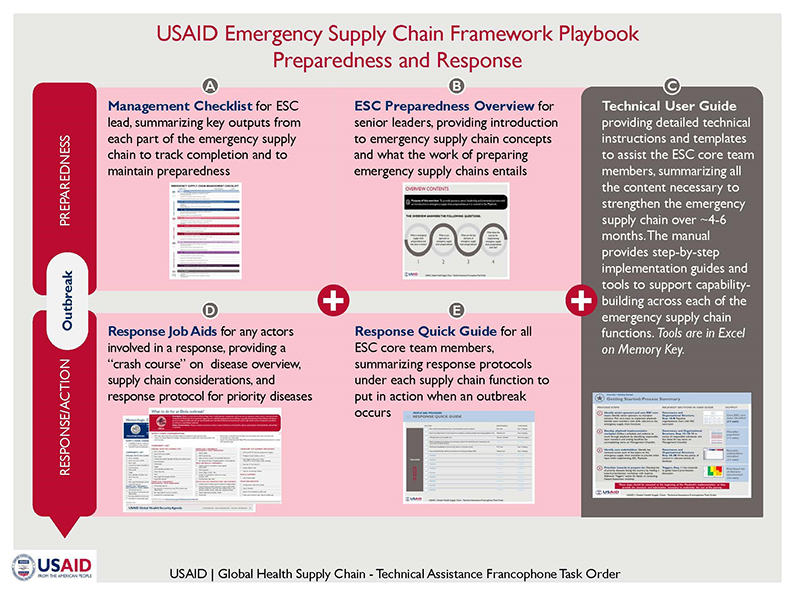
From March through May 2018, the framework was first customized for and piloted in Cameroon, a country selected by USAID based on its commitment to making progress toward its GHSA plan. The piloting of the essential competencies framework tool in Cameroon was key to helping the country improve access to medical and non-medical countermeasures during public health emergencies. The essential competencies framework will become available for all countries in the summer of 2018.
Communicable diseases affect all countries without regard to economic development. The interconnectedness of our contemporary world has its cost: Disease threats spread faster and more unpredictably than ever before, and poorly treated cases of contagious diseases in Asia and Africa have been detected in U.S. hospitals within days. It is crucial that all nations are prepared to prevent and respond to public health threats. While there is still much work to do, efforts like the GHSA are helping the world become more prepared to confront the next threat.

